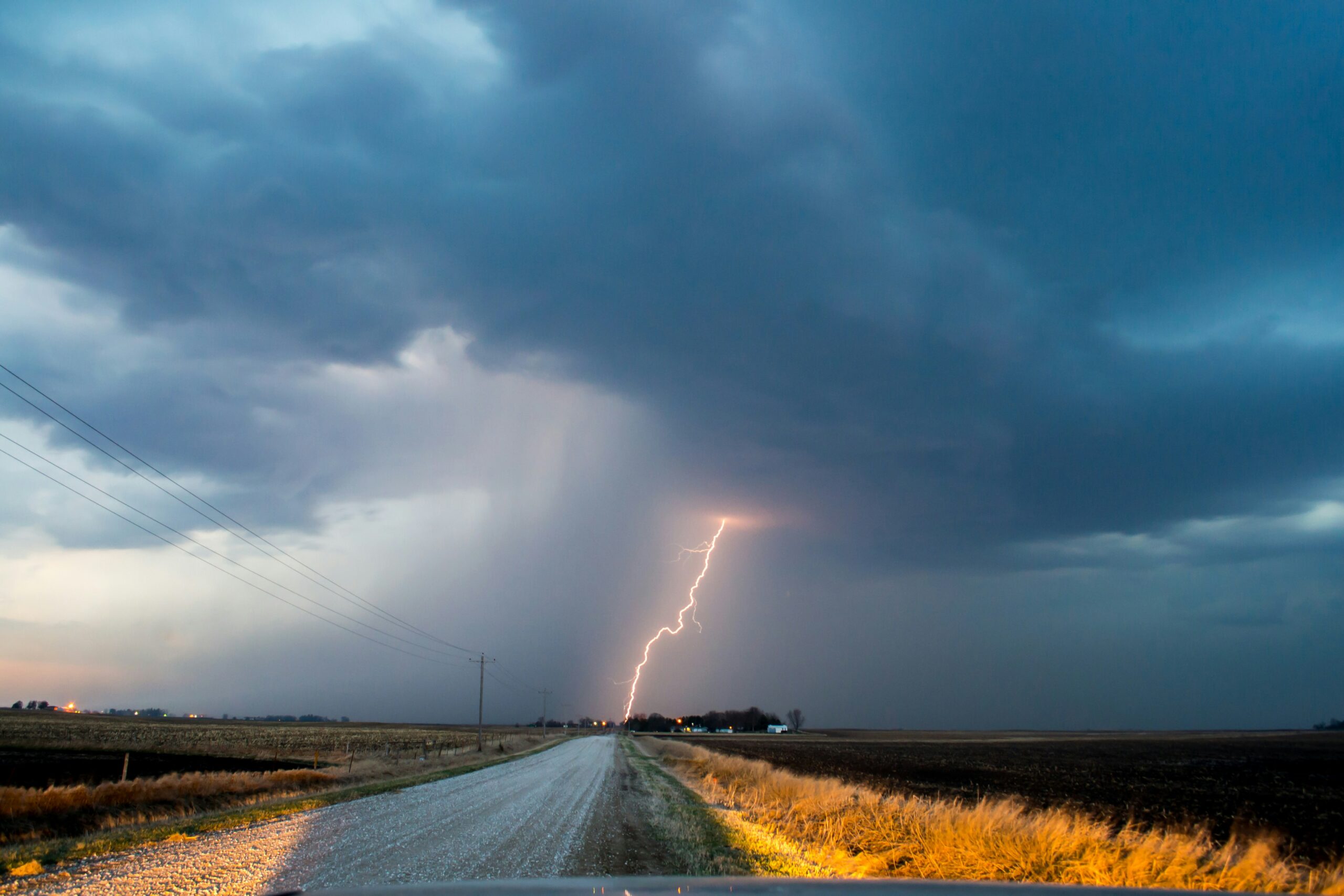
What if? How to practice your Council crisis communications plan
We hate to be the bearer of bad news, but it’s not a question of if, but when, you’re going to find yourself in a crisis communications situation.
You only have to see the news to know natural disasters are the new normal, corporate reputational damage a daily headline and social media fast becoming the preferred tool for disgruntled employees to publicly whip former employers.
What a time to be alive as a business!
We know communications people are good at writing plans and strategies, but not so good at practicing them, which is why we’ve recently developed a professional development session in collaboration with Stormbirds, our ‘What If? Workshop’, which is designed to test your team’s crisis preparedness.
We designed it after watching so many situations unfold on social media – and communications teams, although deeply skilled in their craft, still wildly underprepared with the practicalities of actually responding. From lost Facebook passwords, to absent spokespeople or ads still welcoming visitors to a region enduring a major natural disaster – we’ve seen it all.
We firmly believe that practice makes perfect and it’s going to be too late to rifle through a long, cumbersome, strategic document when the sh*t hits the fan.
Your team needs to know their response and protocols like the back of their hand – and be able to do it in their sleep, because chances are, that’s when the crisis will hit.
Whether you’re keen to do formalised professional development like ours on crisis preparation, or want to DIY lunch and learn for your team, if there’s one thing you should do for your communication team this year, it’s this.
Introducing our What If? Workshop
The idea is simple, we come in with a crisis scenario that unfolds across three days, with an hour of the workshop dedicated to each day of the crisis.
The idea is to bring the corporate communications team together, where they are met by a novel situation with their LGA at the heart of it.
It’s a moving crisis, and like every ‘good’ crisis, your LGA’s involvement / duty of care is not clear, murky and the stakeholder matrix complex to decipher.
As your facilitators, we work through the crisis, and you get to test your responses to situations as they evolve.
Our workshop follows a wholistic approach covering social media, digital and traditional media – road-testing worst-case scenarios that embroil your Council and community and put you through your communications-paces.
It’s not meant to be hard, but it’s meant to apply pressure – just like any real crisis should.
Why is practice important?
Two things are true of every crisis – you don’t know when they’ll happen, or the type of crisis you’ll get.
With plenty of resourcing change in communications teams across the industry, we’d argue this makes for an ideal regular training session to ensure everyone knows their roles and responsibilities.
With most crisis unfolding outside 9-5 and Monday to Friday, we practice real-world situations like a manager being absent overseas and uncontactable, the introduction of a new mayor or CEO who is not-media trained and key leaders being MIA or faced personally with the crisis.
We test your internal communications to bring people back from leave, chains of command and authority delegation – so everyone knows their place, and feels comfortable to step in – as these are the very things a crisis will test first.
Who should practice crisis?
We’ve designed our What If? Workshop for communications teams, but truth is, it’s for anyone in the business.
Every member of an LGA is a spokesperson in one way or another whether it’s chatting to a neighbour or giving a formal address to media.
We try to disperse the ownership and obligation of communications beyond the manager, as it’s an important upskilling point for all members of a corporate communications team and certainly shouldn’t be shouldered by just one person.
How to practice a crisis without a formal workshop?
We know not every LGA has a professional development budget large enough to run to external PD like ours, but crisis preparedness is something you can practice yourself.
If running smaller DIY sessions, we’d recommend practicing a crisis each month to keep your teams on their toes and continually improving.
For a quick lunch and learn session (1 hour), try these easy steps:
- Create a fictional crisis – opt for something novel to capture attention. Perhaps a disgruntled employee hacking your Facebook page and airing your internal secrets, including a data leak online?
- Ask – What are your next steps? Who is involved what do they do? What would you say?
- Add in an evolution to the crisis – for example, Today Tonight is now broadcasting your data leak nationally
- Create more tension – by fictionalising that some of your team is out of office or non-contactable
- Create a response
- Debrief – what worked, what didn’t and how you could improve for next time
Keen to workshop a crisis together?
Our Content Crew would love to put you through your paces with our What If? Workshop. Contact – hello@mediamortar.com.au to find out more.
